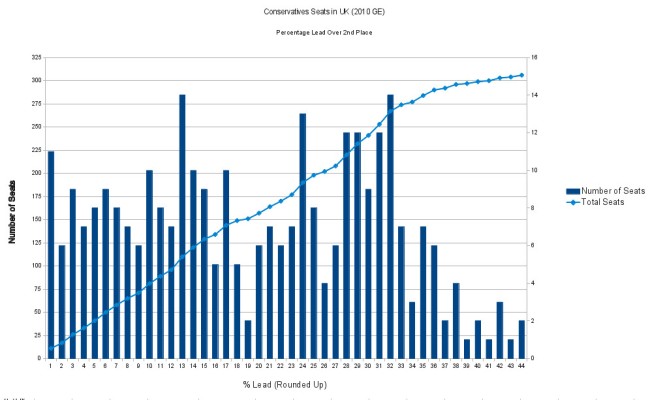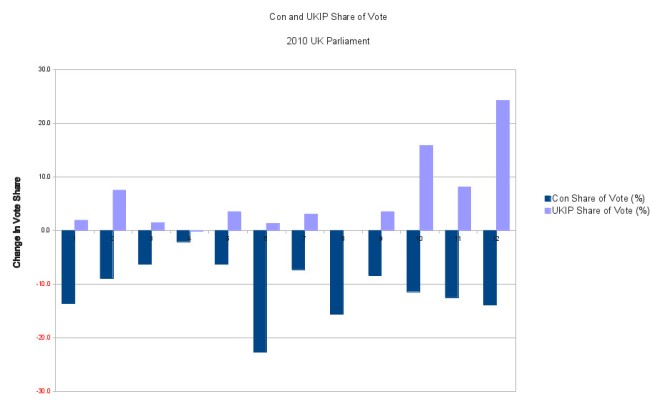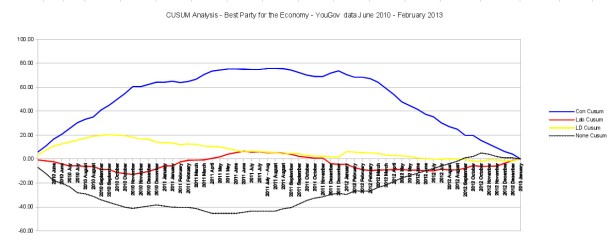Until recently, much of the EU Referendum debate has been seen as a blue-on-blue matter. David Cameron on one side, and the person most keen to replace him, Boris Johnson, on the other. This has been the perception, but it hides a more complex picture under the surface.
Without a doubt, the Conservative Party is deeply split, and the rift could be very long lasting. Conservative MPs are evenly divided between Remain and Leave, and the membership similarly affected. No matter what the referendum result, the Conservatives will have to try to form a working Government with a tiny majority, hindered by the self-inflicted campaign wounds.
Labour also have difficulties. Their Leader, Jeremy Corbyn, has been a long term critic of the EU, but is supporting Remain alongside 90%+ of the PLP. Labour voters are far less supportive of the Remain camp than the Labour Party itself. The latest You Gov poll show support for Remain at 65% and Leave at 24%. There have been warnings from Labour Campaigners that in many areas of the country, Labour voters are not coming to the Remain side. If the country votes for Brexit, the vast majority of Labour MPs will have backed the wrong horse.
I support Green Leaves, a campaign group for Green Party members and supporters who wish to leave the EU. Labour also has a campaign to leave the EU. There is a substantial debate within the left about how to vote on the 23rd June. This debate has become more and more fractious, and has become very hostile in recent days, given the poll movements that have brought the chance of a Brexit vote becoming more likely.
Baroness Jenny Jones, Green Party Peer, has published a number of articles setting out a left-wing and progressive case for Brexit. I have seen comments about her that are utterly disgraceful, and disrespectful to a person who has worked for the Green Party and progressive causes for decades.
I know good left wing people, who were supporting Leave, but due to being tired of being called fascists, UKIP supporters, traitors and so on have switched their support to Remain under duress.
There are no certain outcomes, no matter what the referendum result is. There are a range of possibilities that exist, and it is for each person to evaluate the best way to vote for themselves. Supporting Leave does not mean supporting Nigel Farage or the Tory right. Leaving the EU does not mean workers rights being destroyed or environmental protections diminished. Should Brexit occur, our Government who has struggled to get fairly basic things passed with a tiny majority, will have even more difficulty removing holiday pay or others workers rights, given they will be in civil war. The Conservative Party has too many MPs in marginal seats, who will surely cave in under the pressure a constituency mail bag, threatening their seat at the next GE. And the power handed to UKIP? They have one MP now, and will still have one after June 23rd.
I ask that people of the left understand that voting Leave isn’t traitorous.
I ask that people of the left understand that voting Leave isn’t a sign of stupidity or character defect.
I ask that people of the left understand that given the same partial and ultimately subjective information, others may come to a different conclusion.





